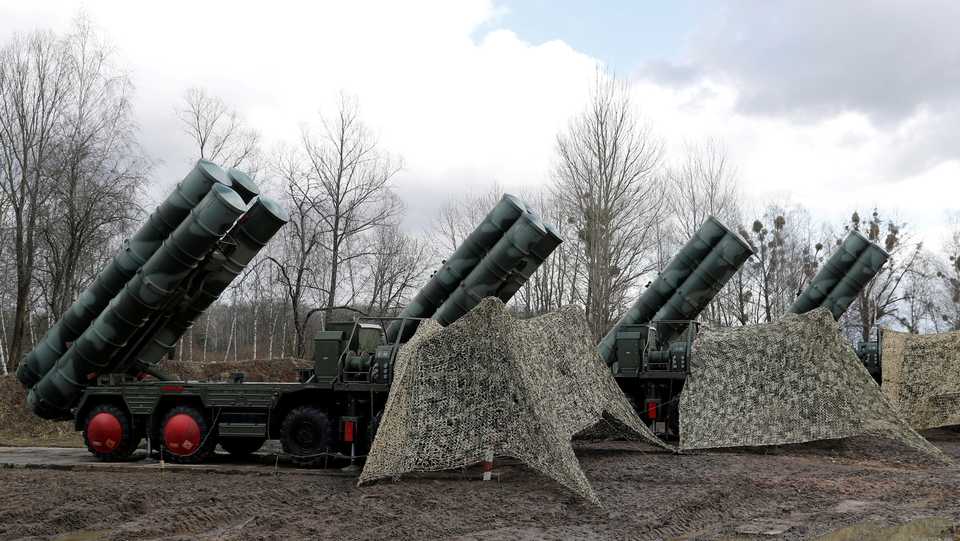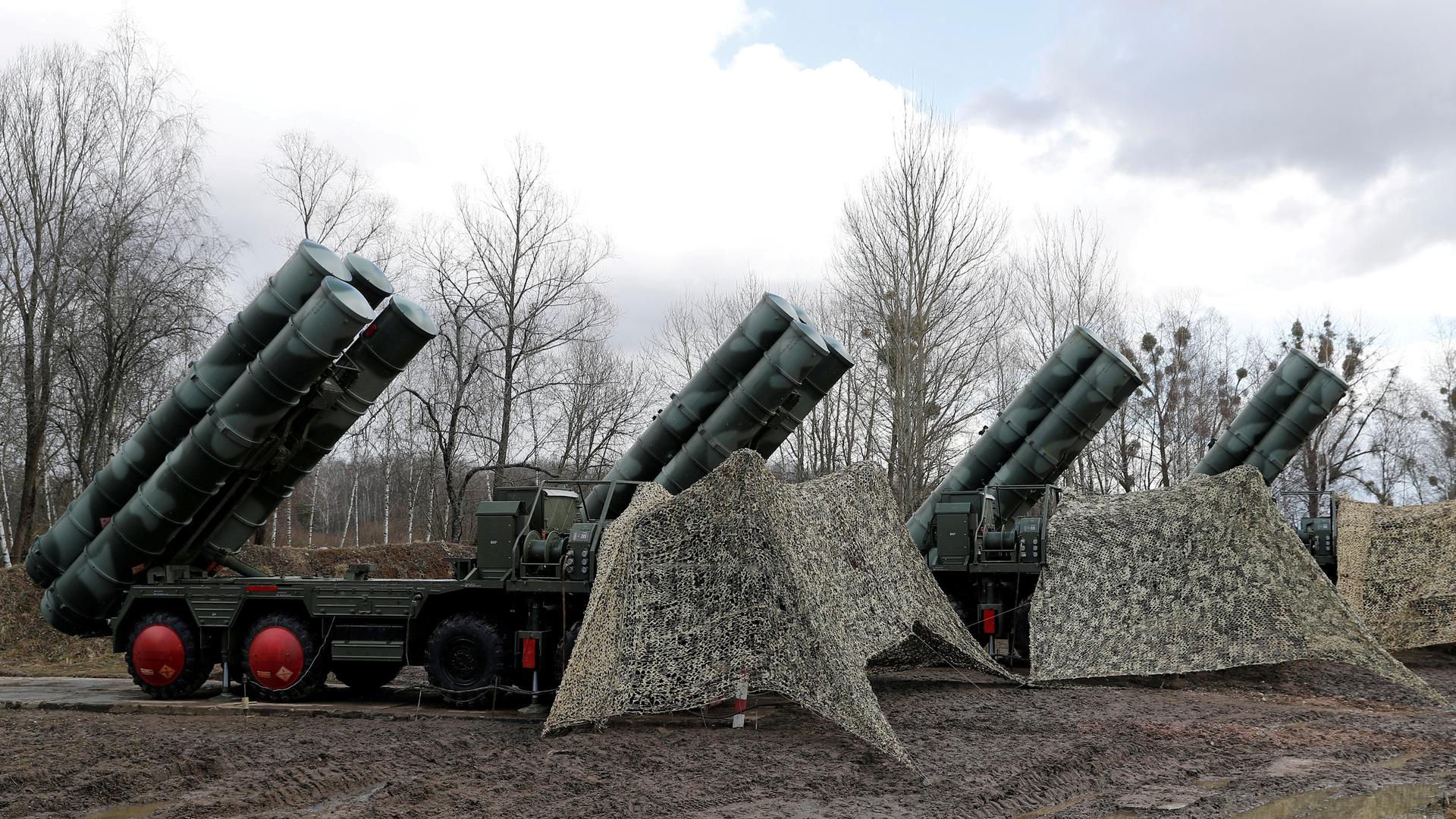
Turkey’s planned deployment of Russian S-400 missile defences has been delayed by the coronavirus outbreak but will ultimately go ahead, President Recep Tayyip Erdogan’s spokesman said on Thursday, despite Washington’s warnings that Ankara risks US sanctions.
“There has been a delay because of the coronavirus but it will move forward as it was planned,” Ibrahim Kalin told an online meeting hosted by the Atlantic Council, adding that Erdogan had told US. President Donald Trump several times that he was also interested in purchasing US Patriot missiles.
President Erdogan previously had said the S-400s would be activated in April but the coronavirus pandemic has focused Turkish efforts on combating the outbreak.
Making the S-400s operational exposes Turkey to US sanctions under the Countering America’s Adversaries Through Sanctions Act (CAATSA) legislation designed to punish countries that buy defence equipment from Russia.
That prospect has been conveyed to Ankara multiple times, David Satterfield, US Ambassador to Turkey also told the online panel.
“We made our position quite explicit to President Erdogan, to all the senior leadership of Turkey, and that is the operation of the S-400 system…exposes Turkey to the very significant possibility of Congressional sanctions, both those that invoke the CAATSA legislation, and additional freestanding legislative sanctions.”
“We do not have in our possession the assurances from the government of Turkey that would allow us to mitigate those concerns,” he added.
Deal with Russia
Turkey on April 2017 signed a contract with Russia to acquire the S-400 anti-missile shield after protracted efforts to purchase an air defence missile system from NATO ally US was unsuccessful.
US officials argued the Russian missile defence would be incompatible with NATO systems and expose its fifth generation, the state-of-art F-35 jet to possible Russian subterfuge.
Turkey says the S-400 would not be integrated into the NATO systems and has no chance to pose any threat to the alliance or its armaments.
Ankara has requested a commission to clarify any technical issues. But the US has, so far, not respond to this proposal.
Turkey received its first supply of S-400 missiles last July.










Discussion about this post